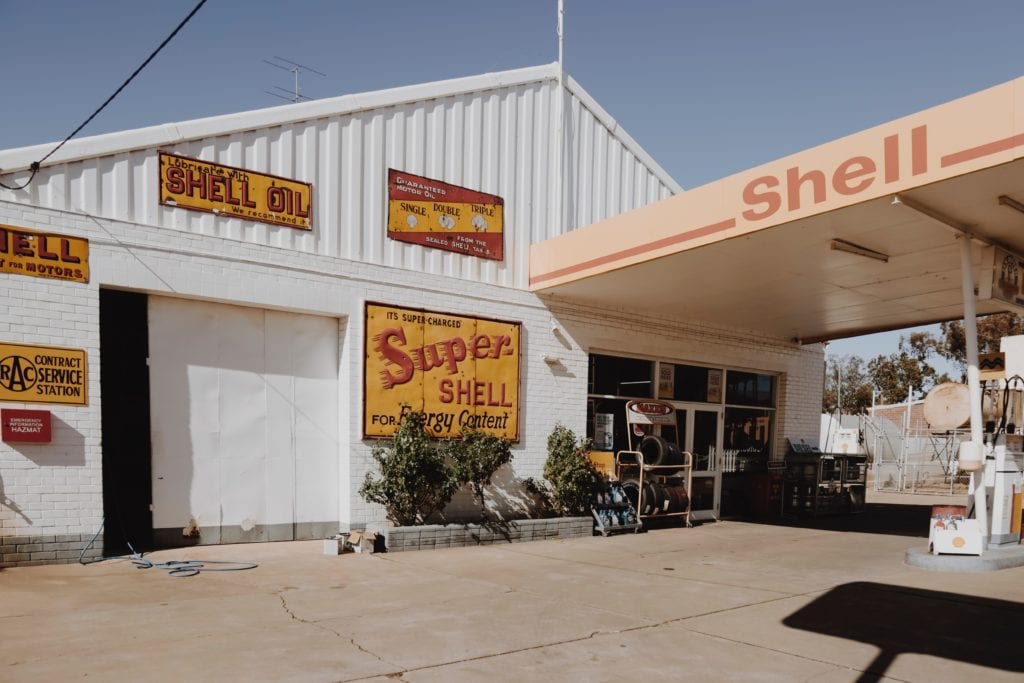
Retailers in Australia want the government to allow small businesses that sell cigarettes and other nicotine products to also be allowed to sell less harmful alternatives such as vaporizers and e-cigarettes.
The Australasian Association of Convenience Stores (AACS) and the National Retailers Association (NRA) both claim that the federal Government’s decisions regarding the sale of smoke free tobacco products will hurt Australian retailers.
NRA Chief Executive Officer Dominique Lamb said that after the government’s reversal on its previous ban on vapor products, its policy position was getting weirder by the day, Convenience and Impulse Retailing.
“Last month, smoke-free tobacco products were deemed so harmful that the government decided they could only be sold at a chemist, by prescription, with visits to a doctor every three months,” Lamb said. “The same government says it will reverse its looming ban on importing vaping products, so individuals will be free to buy them from overseas dealers and have them shipped into Australia.”
Lamb said that the laws confuse consumers by regulating e-cigarettes and vaping products as controlled substances, yet anyone one can purchase them online from overseas retailers. “The only people who will be banned from selling smoke-free tobacco products will be the tens of thousands of mum-and-dad retailers who currently rely on cigarette sales but are desperate to offer their customers a less harmful alternative,” he said. “This government clearly supports overseas retailers as much as it supports big-box corporate pharmacy. It’s just a shame that it won’t support small, local Australian businesses.”
AACS has also pointed towards a growing black market for e-cigarettes and has highlighted the urgent need for Government to regulate the sale of these products through legitimate and responsible channels, according to the story.
“There are positive health outcomes available to Australians through the regulated, legal sale of e-cigarettes, given they are significantly safer for people to use than traditional tobacco. Unfortunately, by restricting the legal sale of products which are clearly in demand, the health impacts of the Government’s approach are decidedly negative,” AACS CEO Jeff Rogut says. “This refusal to catch up with the rest of the world in making safer choices easier for consumers has allowed the black market for vaping products of unknown ingredients and from dubious sources to grow in Australia.”
“Clearly, consumers are looking for safer alternatives to smoking. If health authorities are serious about helping people quit tobacco, they need to make vaping products legally available through responsible retailing channels urgently.
The recent interim decision by the Therapeutic Goods Administration (TGA) to make vaping products only available to people from pharmacies with a prescription is both dangerous to health and a missed opportunity for responsible retailers, the AACS says.
“Australia’s approach of making it harder for our citizens to access products that are safer for them is unique in a global context,” Rogut says.

